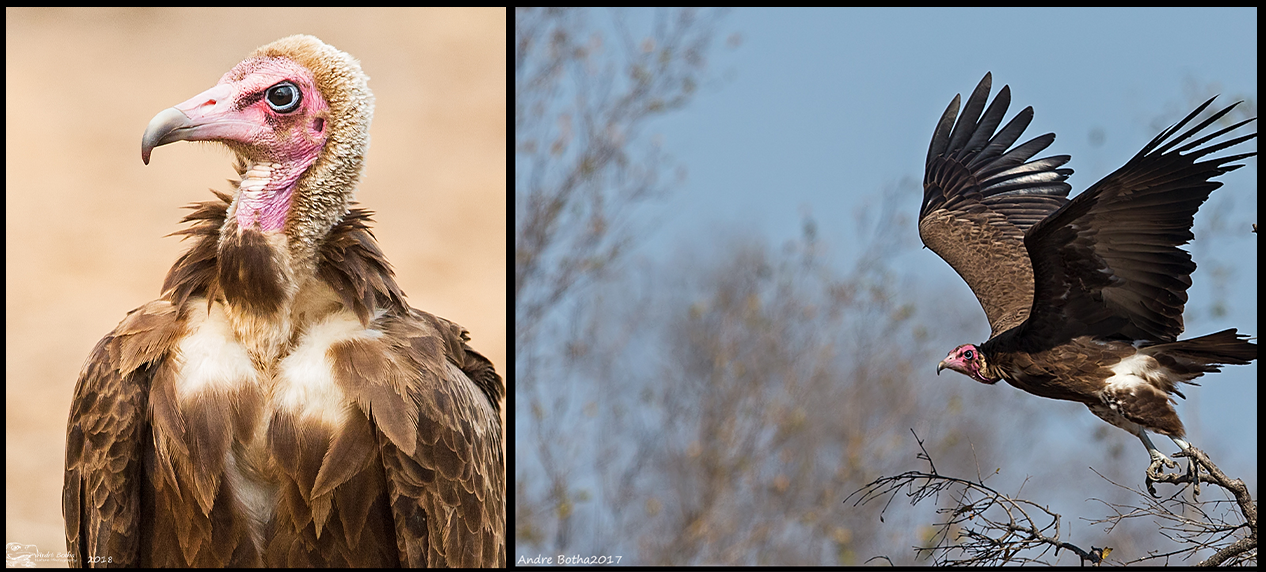Hooded Vulture Conservation in Benin: New Study on Local Perceptions
By Dr Lindy Thompson, Birds of Prey Unit

All across Africa, vulture populations are struggling because of various threats caused by people. One of Africa’s most widely distributed vulture species is the Hooded Vulture. This species is found in many countries in South, East and West Africa, although its stronghold is in West Africa.
Sadly, numbers of these birds are declining, mainly because of habitat loss, and because people poison them to get body parts for use in African traditional medicine. We wanted to better understand people’s cultural values and practices relating to Hooded Vultures, and we chose to do this in Benin, a small country in West Africa, where not much is known about people’s attitudes towards Hooded Vultures.
We were especially interested in people living in areas surrounding national parks, where they would presumably have more frequent interactions with vultures, and easier access to the birds. Our hope was that by learning about people’s perceptions, we can better understand their behaviour, which in turn can help to inform conservation policies.
Fidèle Ezechiel Hounnouvi interviewed 450 people living near three protected areas in Benin. He asked them questions about whether they get any benefits from having vultures around, and what are their beliefs about vultures. He also asked questions about why vulture body parts are used, and what might be causing the drop in numbers of vultures.
Fidèle worked with a translator, so the interviews could be done in the local language (Bariba). His results showed that most people (80%) had seen vultures recently, and the most commonly seen vulture species was the Hooded Vultures (with 48% of all vulture sightings), although people also saw White-backed, Lappet-faced and Ruppell’s Vultures. There was a big difference in how men and women viewed vultures; men were more aware of vultures, and more positive about vultures’ roles in carcass disposal and locating missing livestock. Most people (60%) associated vultures with superstition and witchcraft, and 70% had used vulture body parts for medicinal and spiritual purposes. Intentional poisoning was reported as the main cause of vulture population declines. Most people said vultures were valuable, because they remove carcasses from the environment, and they assist farmers with finding lost livestock.
When Fidèle asked people in Benin about conservation measures, they suggested various ways of protecting Hooded Vultures. These included protecting and restoring nesting habitat, raising awareness about threats to vultures, having ‘eco-guards’ to safeguard vulture nests, captive-breeding vultures, and enforcing strict penalties on people who poison them. Younger adults (aged 18–30) were much more supportive of conservation efforts than older adults (over 30), and this gives us hope for the future.
This study was funded by a Rufford Foundation Small Grant, and it was published in the Journal of Ethnobiology and Ethnomedicine. If you would like to read the full article, you can access it here.
** Fidèle Ezechiel Hounnouvi (Naben NGO naben.org), Stanislas Mahussi Gandaho and Jémima Lydie Obandza-Ayessa also contributed to this article.
